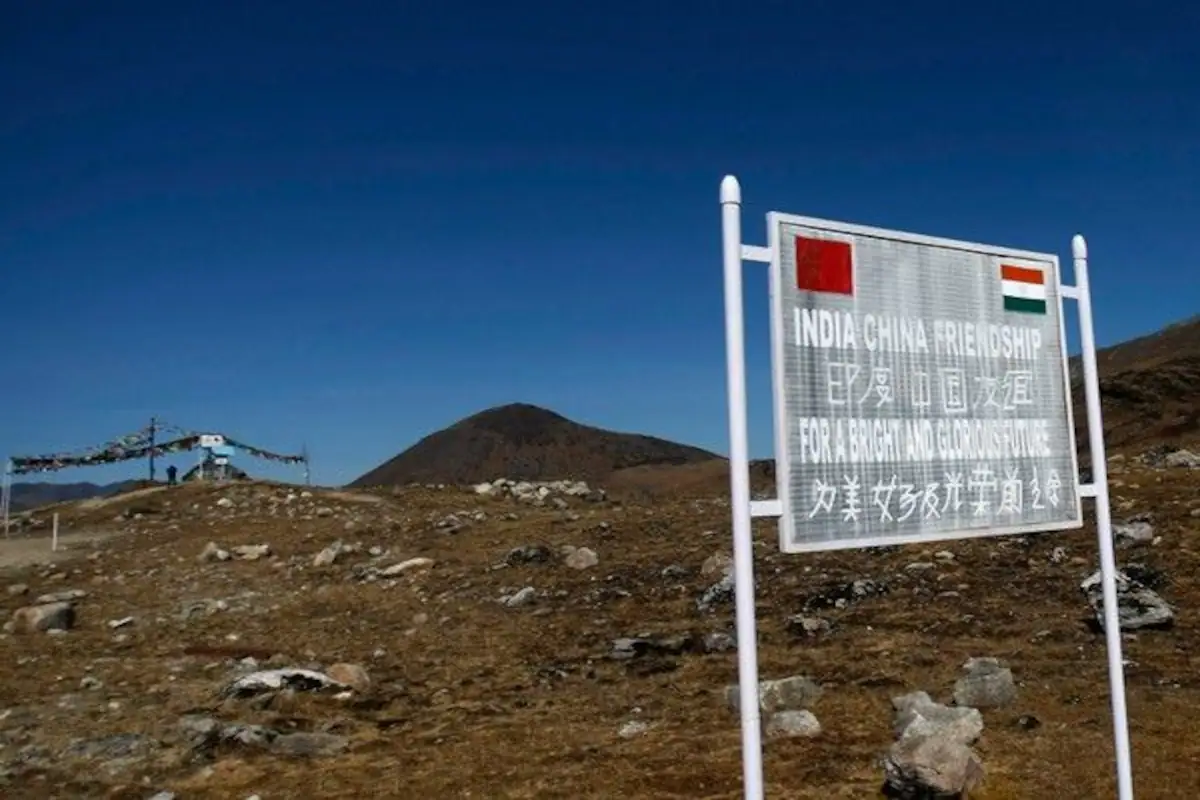India on Wednesday broke its silence on China’s new land boundary law and urged Beijing to avoid using it as a pretext to take action that would unilaterally alter the situation on the unresolved frontier.
Hitting out at China over its new Land Boundary Law that the country has adopted for the protection and exploitation of its land border areas, India on Wednesday said it is a matter of concern as the legislation can have implications on the existing bilateral pacts on border management and on the overall boundary question.
The external affairs ministry said in a statement on Wednesday: “It may be noted that India and China have still not resolved the boundary question. Both sides have agreed to seek a fair, reasonable and mutually acceptable resolution to the boundary question through consultations on an equal footing.”
On Saturday, China’s national legislature adopted the new law on the protection and exploitation of the land border areas, which could have bearing on Beijing’s border dispute with India.
“China’s unilateral decision to bring about a legislation which can have implication on our existing bilateral arrangements on border management as well as on the boundary question is of concern to us,” Bagchi said.
“We also expect that China will avoid undertaking action under the pretext of this law which could unilaterally alter the situation in the India-China border areas,” he said.
“Furthermore, the passage of this new law does not in our view confer any legitimacy to the so-called China Pakistan “Boundary Agreement of 1963 which Government of India has consistently maintained is an illegal and invalid agreement,” the spokesperson said.
What Does The New Land Boundary Law Say?
The Chinese Communist Party-controlled newspaper China Daily said the law states requires the Chinese government to take measures to “strengthen border defence, support economic and social development as well as opening-up in border areas”.
Towards that end, it calls for improvements in public services and infrastructure in such areas to “encourage and support people’s life and work there”.
This can be read in the context of China looking to settle disputed frontier areas through heavy investment in infrastructure.
Recent reports have pointed to how “dual use” border villages have cropped up to facilitate the peopling and patrolling of such areas. The new law, reports said, will “promote coordination between border defence and social, economic development in border areas”.

